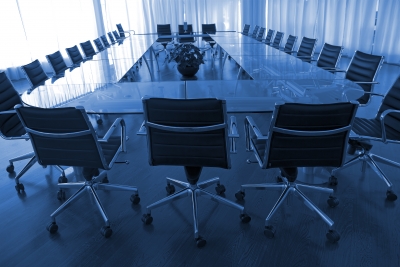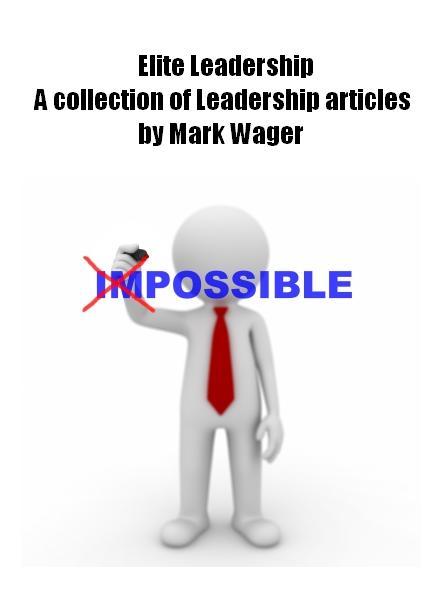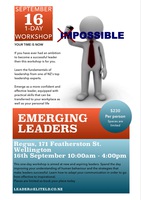Top Tips for Effective Meetings
Image courtesy of adamr at FreeDigitalPhotos.net
Tips to hold an effective meeting
By Mark Wager
How many times have you heard people say at the end of the day say “I got nothing done I was at meetings all day” The author Dave Barry once wrote “If you had to identify, in one word why the human race has not achieved and never will achieve its full potential, that word be “Meetings”
Nowadays you just need to mention the word "meeting" and you can hear people groan. Yet holding a meeting is still one of the most effective tools that a Manager has in his leadership tool kit. The problem is that holding a meeting has become a default mechanism for a lot of Managers. It's something that they do because they know they should do it instead of knowing why they should do it. Here are some practical tips to help make your meetings and ultimately your business more productive.
Tip 1: Ask yourself do you actually need a meeting
This may seem basic but you need to remind yourself that meetings should only be held for one of two reasons. The first reason for a meeting is to make a decision; the second reason is that it is the most effective way of sharing information. It’s the second reason that causes more problems than the first because a lot of Managers view a meeting as the only way to share information. How many regularly scheduled meetings have you gone to where the facilitator is struggling for content so the time is filled by non-essential items? Ask yourself what is the most effective way of communicating a message, can you do this via email or a phone call. Meetings should be used when you are communicating a message so important that it requires the benefits of face-to face interaction (tone of voice, body language) in order to make sure it is understood
Tip 2: Make the purpose of the meeting clear
I’ve been to many meetings where I had no idea of the purpose of the meeting even before I walked into the room and unfortunately this is not an isolated incident. Make people aware so that they can prepare, if the purpose of the meeting is to decide something then supply as much information as possible so that any debate can be well informed and constructive. In this way not only will your meeting take less time but will result in better decisions
Tip 3: Start on time
Make sure everyone knows that if you went through the effort of putting together a meeting then its serious work and needs to start on time. If people are late then start without them, they can catch-up and are unlikely to be late to the next meeting.
Tip 4: Stay on track
The key to an effective meeting is having everyone focused on the current discussion point, the best way to keep everyone on track is by summarizing what has been discussed, where you are at and what’s next. Use phrases such as “We’ve agreed on...” “Let’s see where we are at...” “We are left with the issue of...”
Tip 5: Ensure everyone contributes
Not everyone contributes equally at meetings. It's not always because that person can’t contribute but a lot of time they feel restricted because of the way the meeting is facilitated. Not everyone process information and communicates in the same way, Introverts will generally process their thoughts internally and will not communicate those thoughts until they are carefully considered. So in order to encourage participation ensure that everyone has had a chance to comment before moving onto the next topic.
Tip 6: No meeting should go beyond 45 minutes
If you are unable to do everything you need to do within a 45 minute meeting then you are doing it wrong. Even the best of people have a limited attention span so in order to have an effective meeting you need all the participants to be mentally present and focused. Keep meetings to a maximum of 45 minutes and you will be surprised with the results.
Tip 7: Send a summary after the meeting
After every meeting I send the participants an email which summarizes the main points and highlights any action points required. I also include further reading that either goes into far more detail on a topic we discussed or provides further background information. It’s worthwhile drafting the email before you start the meeting this enables you to use it as a draft agenda as well as saving you time afterwards.
Try these tips and you will find that people at the end of the day will feel that they have done a lot of work because meetings helped rather than hindered.
This article is taken from the book "Elite Leadership". Click the link below to purchase through Amazon
Posted: Monday 26 August 2013




